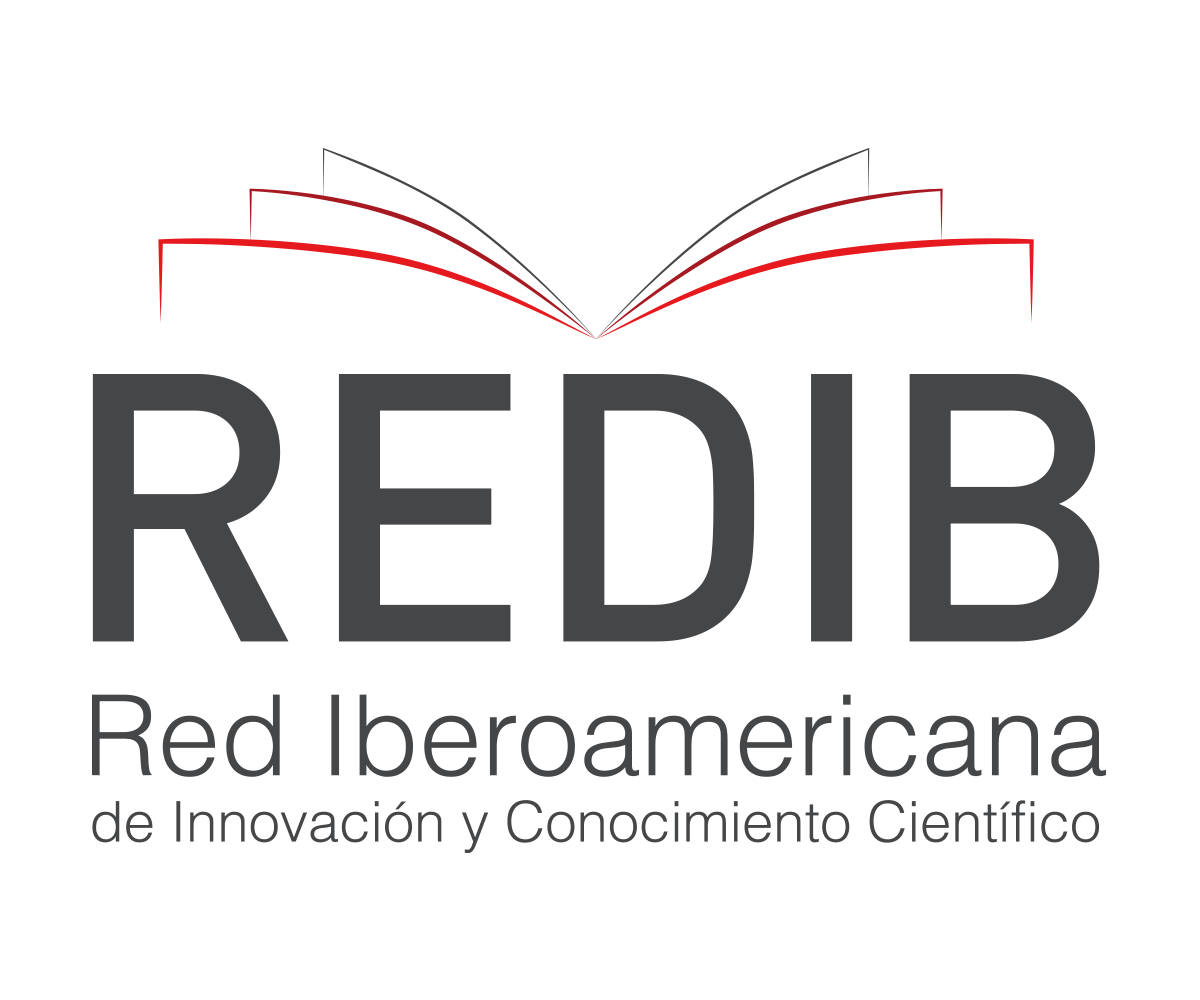ETHANOLIC DISTILLATION: a case study of ethanol loss upon degassing
DESTILAÇÃO ALCÓOLICA: Um estudo de caso sobre as perdas de etanol na degasagem dos condensadores
DOI:
https://doi.org/10.52138/citec.v16i1.337Palavras-chave:
sugarcane; reducing losses; quality parameters; industrial improvement; bioethanol,Resumo
Ethanol plays a crucial role in Brazilian and global contexts, serving as a viable and sustainable alternative to fossil fuels. Brazil stands out as a leader in ethanol production, particularly from sugarcane, thereby establishing itself as a benchmark in industrial sustainability. The country's large-scale production of this biofuel boosts the national economy and promotes diversification of the energy matrix, reducing reliance on nonrenewable fuels. The efficiency of ethanol production is inherently linked to minimizing losses during the process. Therefore, the primary objective of this article was to describe the factors that affect ethanol loss during the degassing process. For this purpose, a case study was conducted involving interviews with operators from the alcohol distillation sector of two sugarcane energy plants and extensive research based on the literature. The findings of this study indicate that parameters such as temperature, pressure, and composition of the wort directly influence ethanol loss during degassing. Furthermore, the alignment between manual and automated activities is an essential factor in overcoming these challenges faced by the sector, ensuring reduced losses in this process and maintaining the quality of the produced ethanol.
Downloads
Referências
AGÊNCIA NACIONAL DO PETRÓLEO, GÁS NATURAL E BIOCOMBUSTÍVEIS – ANP (Brasil). Anuário estatístico brasileiro do petróleo, gás natural e biocombustíveis: 2022. Rio de Janeiro: ANP, 2006. Disponível em https://www.gov.br/anp/pt-br/centrais-de-conteudo/publicacoes/anuario-estatistico/anuario-estatistico-2022. Acesso em: 30 ago. 2023.
ALBUQUERQUE, F. M. Processo de fabricação do açúcar. 3 ed., Recife: Ed. Universitária da UFPE, 2011, 447p.
BARBOSA, Larissa de Souza Noel Simas; SANTIAGO, Patrícia Aparecida; SELEGHIM JR, Paulo. Modeling a Multi-Stage Diffuser for Sucrose Extraction in Sugarcane Biorefineries. In: Defect and Diffusion Forum. Trans Tech Publications Ltd, 2017. p. 149-156.
BONOMI, A. et al. The Virtual Sugarcane Biorefinery (VSB): 2011 Report. Campinas, São Paulo: Brazilian Center for Research in Energy and Materials (CNPEM), Brazilian Bioethanol Science and Technology Laboratory (CTBE), Internal Report. Disponível em https://issuu.com/bioetanolctbe/docs/vsb-report-2011. Acesso em 06 dez. 2023.
BORDONAL, Ricardo de Oliveira et al. Sustainability of sugarcane production in Brazil. A review. Agronomy for Sustainable Development, v. 38, p. 1-23, 2018.
BRASIL. Pretendida contribuição nacionalmente determinada para consecução do objetivo da
convenção-quadro das Nações Unidas sobre mudança do clima. 2015. Disponível em BRASIL_iNDC_portugues.pdf (mma.gov.br). Acesso em 06 dez. 2023.
BUENO, A. F. et al. A escala sigma e o DMAIC para otimização do processo de destilação etanólica em uma usina sucroalcooleira. XVIII SIMPÓSIO DE ENGENHARIA DE PRODUÇÃO Gestão de projetos e Engenharia de produção. Bauru, 2010.
BUDZINOWSKI, Roman. Contemporary challenges of agricultural law: among globalization, regionalization, and locality (introductory considerations). Przegląd Prawa Rolnego, n. 1 (22), p. 13-26, 2018.
CASTRO, Rubens Eliseu Nicula de et al. Assessment of sugarcane-based ethanol production. Fuel ethanol production from sugarcane, 2019.
DE SOUZA, R. B. et al. Mineral Composition of the Sugarcane Juice and Its Influence on the Ethanol Fermentation. Applied Biochemistry and Biotechnology, v. 175, n. 1, p. 209–222, 2015.
DIAS, Marina Oliveira de Souza et al. Sugarcane processing for ethanol and sugar in Brazil. Environmental Development, v. 15, p. 35-51, 2015.
GENEROSO, Bárbara Raissa. Simulação de uma coluna de destilação para produção de etanol hidratado e análise de perdas na vinhaça e pureza do etanol produzido. Trabalho de Graduação (Engenharia Química). Universidade Federal de São Carlos, 39 p. 2021.
GOLDEMBERG, José; COELHO, Suani Teixeira; GUARDABASSI, Patricia. The sustainability of ethanol production from sugarcane. In: Renewable Energy. Routledge, v. 3, p. 321-345, 2018.
GONÇALES FILHO, Manoel et al. Opportunities and challenges for the use of cleaner production to reduce water consumption in Brazilian sugar-energy plants. Journal of Cleaner Production, v. 186, p. 353-363, 2018.
INTERNATIONAL ENERGY AGENCY - IEA. Renewables 2022 Acknowledgments: Analysis and forecasts to 2027. IEA, 2022. Disponível em https://iea.blob.core.windows.net/assets/ada7af90-e280-46c4-a577-df2e4fb44254/Renewables2022.pdf. Acesso em 30 ago. 2023.
LOPEZ-CASTRILLON, Carolina et al. Improvements in fermentation and cogeneration system in the ethanol production process: Hybrid membrane fermentation and heat integration of the overall process through Pinch Analysis. Energy, v. 156, p. 468-480, 2018.
MADALENO, L. L. et al. Use of antimicrobials for contamination control during ethanolic fermentation Utilização de antimicrobianos para o controle da contaminação durante a fermentação etanólica. Científica, v. 44, n. 2, p. 226–234, 2016.
MANOCHIO, C. et al. Ethanol from biomass: A comparative overview. Renewable and Sustainable Energy Reviews, v. 80, p. 743-755, 2017.
MOSIER, Nathan S.; ILELEJI, Klein E. How fuel ethanol is made from corn. In: Bioenergy. Academic Press, 2020. p. 539-544.
ORGANISATION FOR ECONOMIC CO-OPERATION AND DEVELOPMENT; FOOD AND AGRICULTURE ORGANIZATION OF THE UNITED NATIONS – OECD/FAO. Agricultural Outlook 2021-2030, Paris: OECD/FAO. Disponível em https://www.oecd-ilibrary.org/agriculture-and-food/oecd-fao-agricultural-outlook-2021-2030_19428846-en. https://doi.org/10.1787/19428846-en
REBELATO, M. G. et al. Developing an index to assess human toxicity potential of sugarcane industry. Journal of Cleaner Production, v. 209, 2019.
RENEWABLE FUELS ASSOCIATION. Ethanol industry outlook. Washington DC: Renwable Fuels Association, 2023
SANTOS, Fernando et al. Byproducts of the sugarcane industry. In: Sugarcane biorefinery, technology and perspectives. Academic Press, 2020. p. 21-48.
TGARGUIFA, Ahmed; ABDERAFI, Souad; BOUNAHMIDI, Tijani. Modeling and optimization of distillation to produce bioethanol. Energy Procedia, v. 139, p. 43-48, 2017.
TOOR, Manju et al. An overview on bioethanol production from lignocellulosic feedstocks. Chemosphere, v. 242, p. 125080, 2020.
ZOHRI, A. N. et al. Deterioration of sugarcane molasses during storage and its effect on ethanol fermentation efficiency in distillery factories Abdel. Egyptian Sugar Journal, v. 18, n. 0, p. 32–39, 2022.
Downloads
Publicado
Edição
Seção
Licença
Copyright (c) 2024 Ciência & Tecnologia

Este trabalho está licenciado sob uma licença Creative Commons Attribution 4.0 International License.











